Written by Natasha Effendy and Nimue Wafiya
Black Mirror is an anthological TV series that fleshes out ⎯ in great realistic detail ⎯ the deep social repercussions of a technologically advanced society. It’s a show with movie-like episodes, each possessing wholly different stories while tackling specific social issues that are all too real. The hype around this spectacle of a show is not without reason; the charm and success of Black Mirror is special for it was crafted to be immune to the bog-standard remarks of critics such as: “it’s not that deep”, “it has no direction” or the biggest shark of the lot: “it’s a waste of time”. This Netflix original is relevant, timely and accurate to its audience (the upper-middle to upper class demographic).
So, Black Mirror is a show that’s been acknowledged for its haunting representations of our world. But just how many of them actually mimic the world itself? Here are 5 episodes of Black Mirror to tell you that this show isn’t just a dark fantasy.
1) Shut Up and Dance (S3: E3)
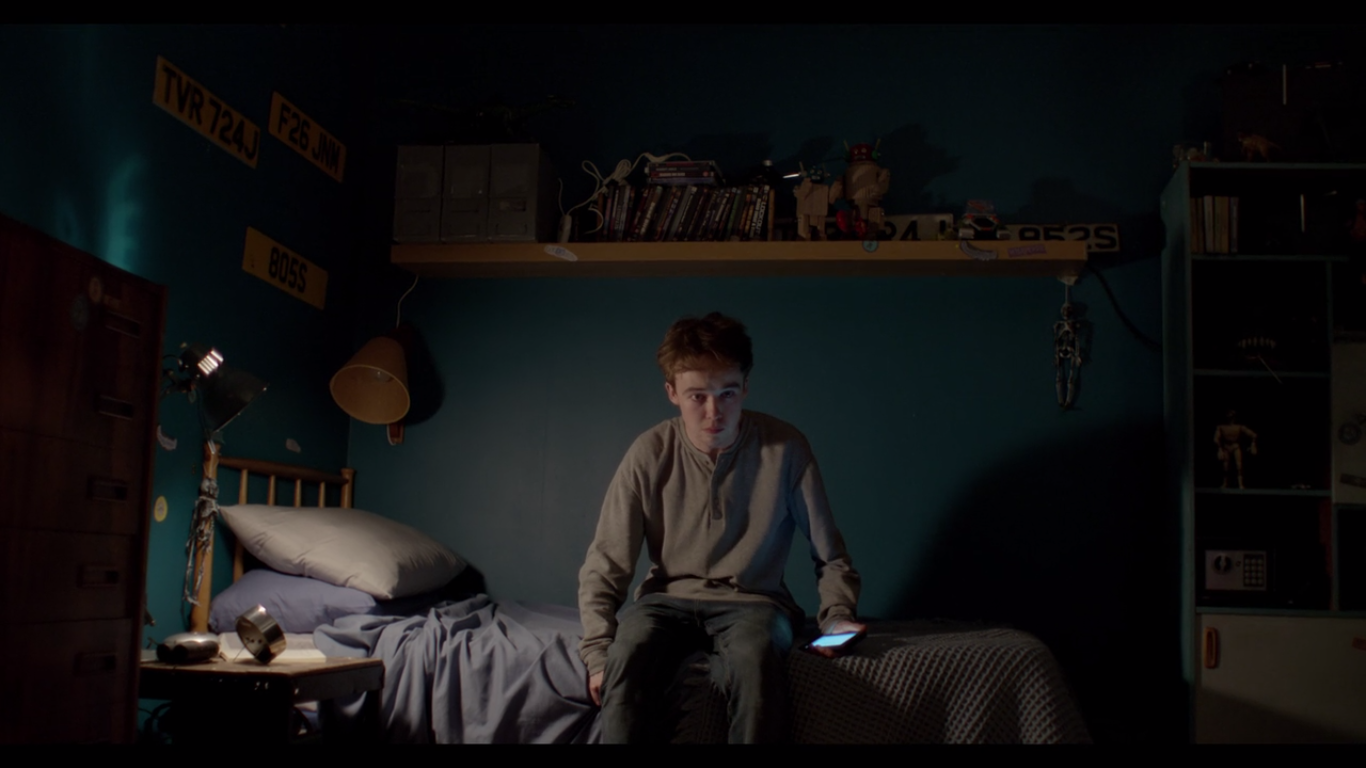
Webcams. Pretty ordinary right? But ever since we watched this episode, we have stopped seeing them the same way. “Shut Up and Dance” is about Kenny (the protagonist) who’s being blackmailed into doing a series of criminal activities initiated by a hacker who happened to witness Kenny in a horribly private moment via his computer’s webcam. Kenny is later joined by Hector and another blackmail victim in the episode, simply being manipulated by this anonymous antagonist. We hate to say this, but even though this storyline might sound like the work of someone with a concerningly dark mind, it is our reality.
Hacked webcams are listed under cyberbullying, and the victims often face the fate of Kenny. This seemingly harmless feature of our computers has been exploited for invasive acts like spying on people and recording their most intimate moments for future use. Trafficking and scamming would be included too. These incriminating pieces of evidence usually end up on the dark web, or on mainstream social platforms like Facebook and LinkedIn. Webcam-related crimes have always made news headlines, and in 2016, they have increased from 385 cases to 864. A well known example would be the Skype sex scam in 2016, where a Palestinian man was scammed and coerced into giving 5,000 euros through extortion.
2) The Entire History of You (S1: E3)
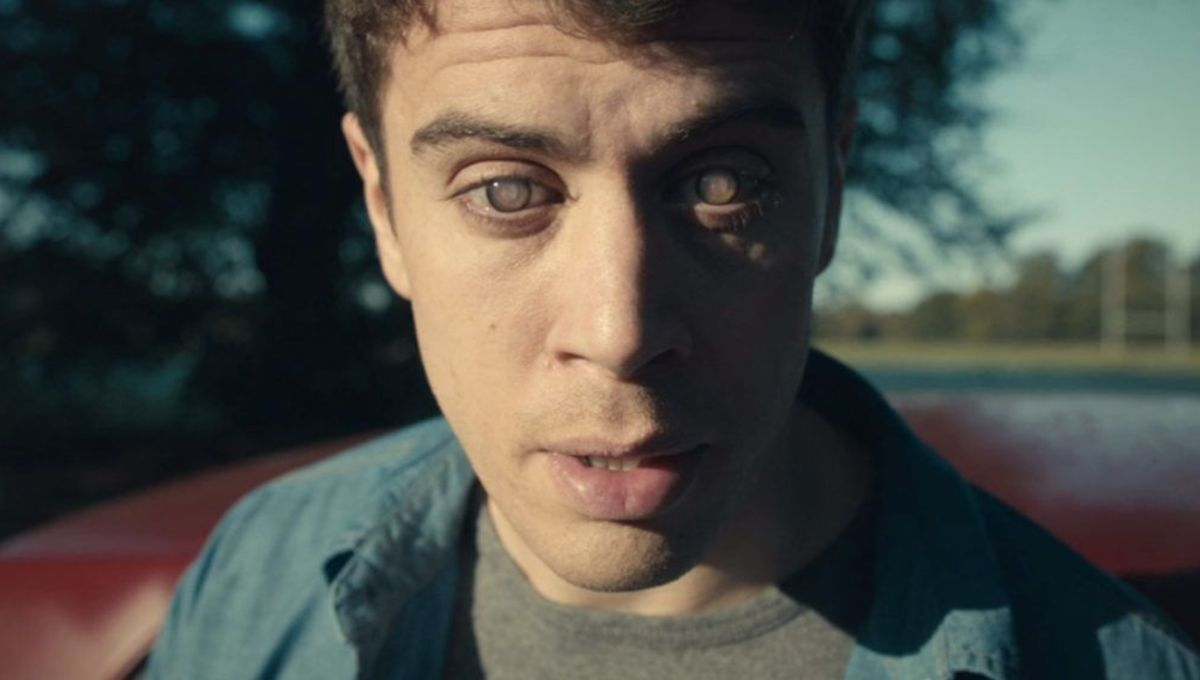
A world where you can record every experience you have by simply using a small device implanted in your skull ⎼ basically archiving the entire history of you ⎼ is a world many of us can imagine hating already. The thing about Black Mirror is that, most of the time, the technologies introduced have the audience feeling the creepies before acknowledging the boons. But somehow, the plot still manages to cajole us into accepting (maybe a little hesitantly) exactly how advantageous some of these innovations can be.
So, you can literally have access to your brain’s memory. Missed what that lecturer said? Rewind to 11:10AM on the 25th of September. Want to relive that concert you paid hundreds to thousands of bucks for? Go back! Imagine how easy therapy would be if you could return to a particular crisis and flesh out the details to work with your therapist. It’ll revolutionize the dementia-care sector. The benefits of vlogging your life 24/7 is not lost, but the misusage screams just as loudly as it’s antithesis.
Liam Foxwell, the main character of this episode, embodies the anxious and insecure overthinker in all of us. He uses his implant to rewind to a particularly insincere comment from a co-worker, obsesses over the past interactions he’s witnessed of his partner and the person he thinks she had an affair with… he’s spelling out, quite slowly, the end of his sanity ⎼ there’s something so eerie about realizing that this implant is essentially, a tool to exacerbate anxiety.
Interestingly enough, this concept of recording memories actually surfaced on the screen in 2004. The Final Cut is a 2004 film starring Robin Williams. In the near-future, humans have chips implanted in their heads that record their lives from their point of view. At the end of their lives, special editors called “cutters” mix the footage into a film to be played at their funeral. Now this… this is the perfect sombre recipe.
So how about real life? What’s 2019 looking like?
Well, Samsung has already patented the idea of having cameras in our eyes that can both live stream and display information to us via special contact lenses. The wearer could effectively control the camera through their own blinking patterns, and transmit the captured information back to a smartphone. The lens could be intended to act as a direct replacement for smart glasses such as Google Glass which was plagued by poor image quality and removed from sale in early 2015. Google has since been quietly working on a redesign, including versions without a screen.
There’s no talk of recording your life 24/7 using the Samsung lenses…yet. But if there was, would you go for it?
3) Playtest (S3: E2)
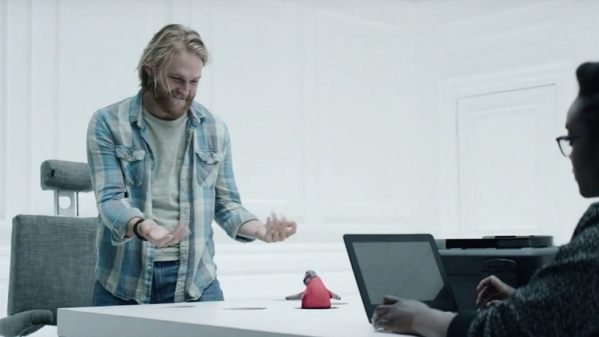
“Playtest” follows the character Cooper and his enlistment at SaitoGemu, after being stuck in London without a ticket back home. SaitoGemu is a world-renowned video game company that leans towards the horror genre, and in this episode, Cooper was part of a demo for an augmented-reality (AR) video game that was in the works of being developed. On that note, most of Black Mirror is dominated by AR technology, as seen in episodes like “Arkangel” and “Metalhead. AR is our attempt at interacting with the physical environment, backed up by computer-generated information and its processing of our five senses.
In fact, AR has started to play a role in our daily lives. Remember the infamous Pokemon Go? Very similar to the games featured in the episode, we were allowed to catch Pokemon with the comfort of our phones. Other than that, earlier this year, Google introduced the feature of AR search of 3D objects in our lives. Some people were able to search up animals like a tiger and a lion with this feature, and let’s just say they had absolute fun with it. I mean, what would you do if you saw a life-sized tiger in your room? Unfortunately, the AR search is still being developed, and only limited to a few phone models (the supported models).
4) Be Right Back (S2: E1)
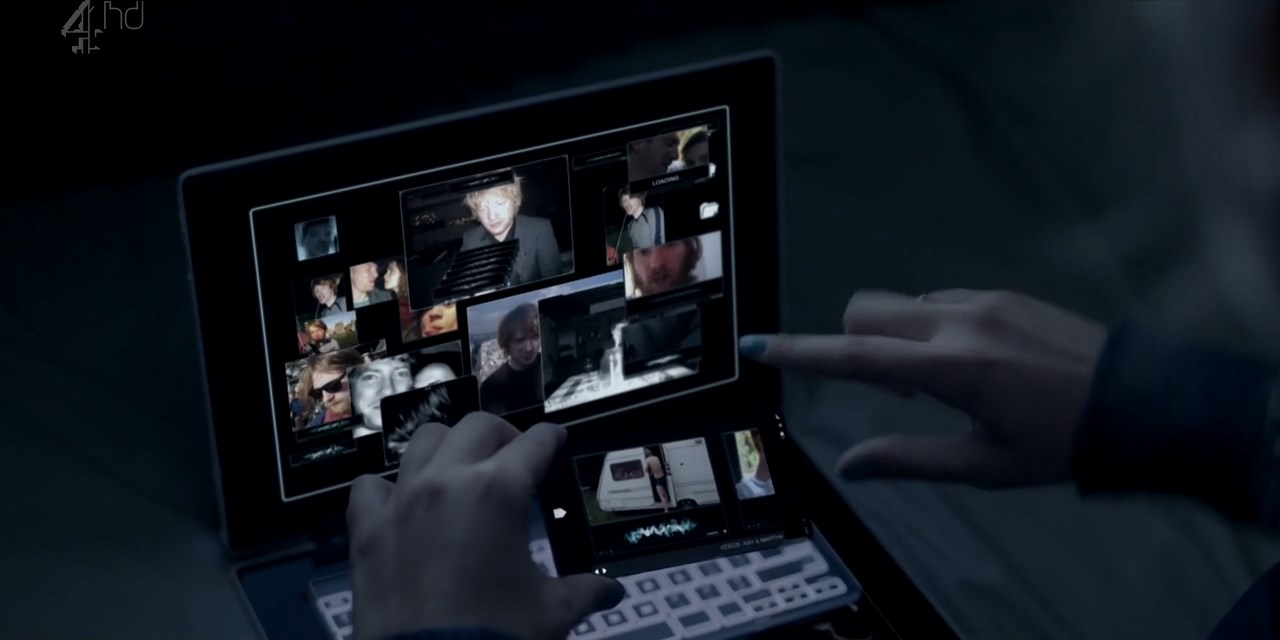
If someone were to say that robots and artificial intelligence were to rule the world one day, we would immediately agree. This episode perfectly explains artificial intelligence as a whole, and how they can both bring benefits and possible cons to our daily lives. After the death of her lover (Ash), Martha tries out an online service that offers the option to virtually communicate with Ash as if he were alive. But not really; it was the work of gathering all of his data from videos, messages and online profiles. Later on in the episode, she opts for a living, breathing android that behaved and acted like him. However, there was a catch – the android failed to capture the human-like qualities of his personality.
Nevertheless, this episode showed how smart artificial intelligence can be. In our world, robots have been applied to real-life situations like manufacturing computers and vehicles, and even in the service industry. For example, in Japan’s Henn-na Hotel, robots are used to serve guests at the reception and even help deliver your luggage to your hotel room. But if we’re talking about the real-life equivalent to this episode, we shall look at the Bina48 robot.
With surprisingly human-like qualities, the Bina48 was created in 2010. The robot was created by Hanson Robotics, and only holds the frame of her head and shoulders. Modelled after Bina Rothblatt, the idea was proposed by her spouse Martine. Some of Bina48’s abilities include facial expressions, conversational speech and even voice recognition! How crazy is that?
5) Nosedive (S3: E1)
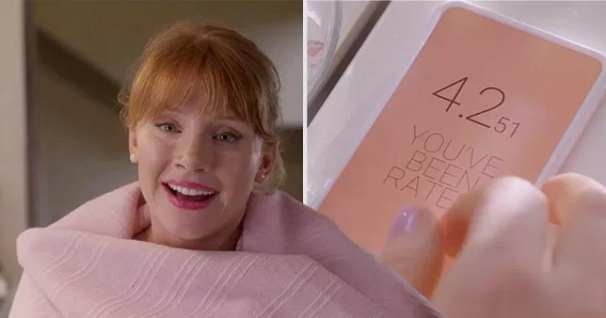
Nosedive is one of the more visually digestible episodes; no gore, no elaborate torture scenes. But this is a Black Mirror episode we’re talking about, so naturally, all the pink fluff is a guise for…pepto bismol (the toxic need for validation we all have, and that we should all totally excrete…).
This episode is about living in a society where every single interaction you have must result in rating the other party from one to five stars (see: image above). So what? Aren’t we used to pretty much being rated on Instagram based on how many likes we get already? True, but that’s light years away from what Nosedive delineates.
Viewers are first introduced to Lacie Pound (Bryce Dallas Howard), as she jogs around her neighbourhood over Max Richter’s beautiful, contemplative piano piece: On Reflection. From a distance we see her checking her phone, she finally puts it down as she approaches a bump on the road, and runs closer to the camera, to the audience. As viewers, we anticipate seeing Lacie’s face up close, it is the first scene after all. But right after the bump, her head is back to facing the screen of her phone, where she loses the chance to present herself to us.
We are later introduced to the plot of the show; Lacie’s mission. Lacie is on a desperate endeavor to elevate her ratings from a 4.2 to 4.5 in order to purchase a luxury apartment in a neighbourhood available only to the 4.5s and above (in other words, the largest kiss asses of society). So a few things are revealed here: the world has become a bigger shitshow the socioeconomic status of a person relies on how other people like them and Lacie has bought into this standards of procedure without question. Imagine having such a volatile metric system for where you can or cannot live, where you can or cannot eat; what people feel about other people can change in the blink of an eye. Nosedive is the embodiment of living every day walking on eggshells. The way you shake a hand or the depth of your apology when you make a mistake can result in homelessness, ostracization, your humanity is on a leash.
In China, mobile payment is the form of payment. Zhima Credit, a “personal credit” rating associated with Alipay is the main method of mobile payment. On Zhima Credit, people are scored between 350 (low) and 950 (high), based on a variety of factors such as social media interactions and purchases carried out on Alibaba Group websites or paid for using its affiliate Ant Financial’s Alipay mobile wallet. Mara Hvistendahl is someone who had recently signed up for Zhima Credit and was immediately given a low rating (550), this resulted in paying unnecessarily hefty deposits for simple services and products: she had to pay $30 to rent a bike that really is just a 15 cent ride. For a journalist with good income, that sort of penalty is fine, but how many students have posted their close-to-empty bank accounts on Twitter for the gags? Quite a few. So imagine an emergency mid bike ride that that student may not be able to deal with until they return the bicycle.

The specifics of the technologies mentioned is the only downfall of Black Mirror. Although we would argue that the producers are simply committing to the social angle, to have a techie on board the writing team would have been quite the game changer, and would have transformed Black Mirror into a more formidable memento in the early 21st century to the prescience of humans
On numerous occasions, this show has opened up our eyes to both the advantages and disadvantages of technological advancements, especially the possibilities of them being exploited for personal means. Both one’s morals and relationships may be at stake, trapped inside the bubble of an insurmountable dilemma. In a way, the show has warned us about a society like this, because we’re this close to making this complex fantasy into a deep-set reality. However, it is entirely up to us on how we use it. We would recommend Black Mirror to you because it really is a show that makes you think. It messes with your head and alters your perception of the world we live in. Nothing is sugar-coated in this show.



